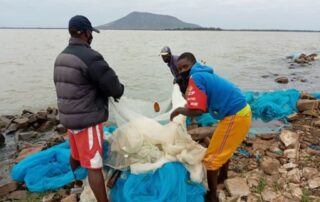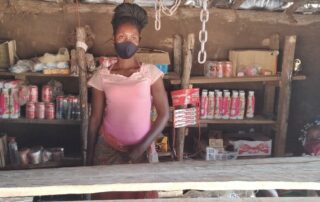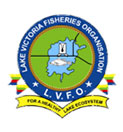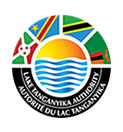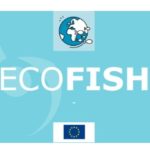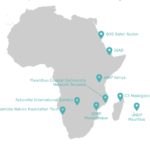Achievements
To improve the living conditions of the 7000 families around the Lake Turkana basin and the communities around the Baro-Akobo-Sobat River basin, the ECOFISH-IGAD project seeks to leverage the potential of these two basins. In this context, the project provided the following supports to date:
- IGAD region Fisheries Coordination Platform (IFCP) Established and 2 annual platform meetings carried out
Activities
- Support the establishment and implementation of fisheries co-management system
- Promote and support bilateral cooperation for sustainable management of shared fisheries resources in each of the two basins
- Socio economic assessment and support to gender inclusivity and integration of local knowledge in fisheries management
Outputs
- Finalize, adopt and establish basin-wide fisheries co-management system for each of the two basins with the needed “collaboration and communication arrangements” among key stakeholders for sustainable fisheries exploitation, equitable access to fisheries resources, and efficient fisheries utilization.
